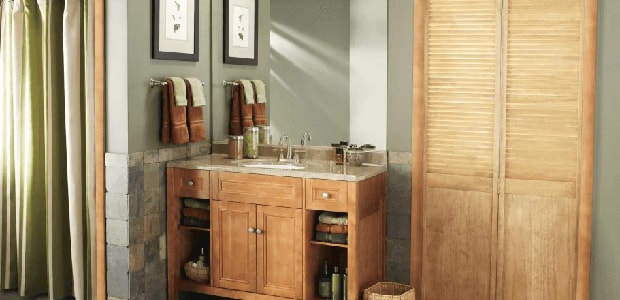Plumbing Tips From the Pros
The trouble with home plumbing problems is that they have a way of sneaking up on you and often at the worst possible time. But is there ever a good time to experience a problem with your plumbing?
Here are a few handy tips that will help make your life a little easier:
Find Top-Rated Plumbing Pros
Search Now1. Keep an Eye Out for Water Leaks
Small water leaks can and often do lead to big problems. Be alert to signs that more trouble may be on the way. Leaking faucets, damp cabinets, rocking toilets or dripping refrigerators are all symptoms that require fast and decisive action.
2. Repair Problems Early
A leaking faucet isn’t just annoying. The moisture puts wear on sink fixtures and encourages mold and mildew growth. Another way to spot a plumbing leak is to pull your refrigerator away from the wall at least once a month. If you see water, you may have a leaking icemaker. Also, small puddles could be worse than larger ones, as that can indicate that water is soaking into your floor.
3. Know How to Respond to Overflows
If water is gushing from your sink, toilet or anywhere else, locate your home’s main shut-off valve for the water supply. If it’s in a dark, hidden or hard-to-reach place, gather any tools you’ll need for a quick shut off and store them nearby. There’s nothing like the frustration of a missing flashlight or a misplaced shut-off key when water’s pouring down the stairs from a broken pipe.
4. Shutting Off Appliances
You should also know how to shut off the water to individual sinks, toilets, washing machines and other water-using appliances. Knowing how to shut off the water supply when there’s a problem can reduce the potential damage and take some of the sting out of your cleanup efforts.
5. Know Your Pipe Material
Know what material was used in constructing your pipes. If your home was built before 1970, you may have galvanized iron pipes that can eventually rust and corrode, causing the water pressure to drop and a brown tint to appear. When this happens, the pipes must be replaced by an experienced plumbing specialist.
6. Learn How to Tackle Small Problems
With a few tools and a little knowledge, most homeowners can learn how to handle small plumbing emergencies on their own. With a plunger, a pipe wrench and a sewer snake in your tool kit, you’ll be able to take care of small problems like clogged drains or blocked pipes.


 Tips for Picking
Tips for Picking 11 Tips for Hiring a Home
11 Tips for Hiring a Home How Much Does a
How Much Does a 10 Kitchen Updates
10 Kitchen Updates